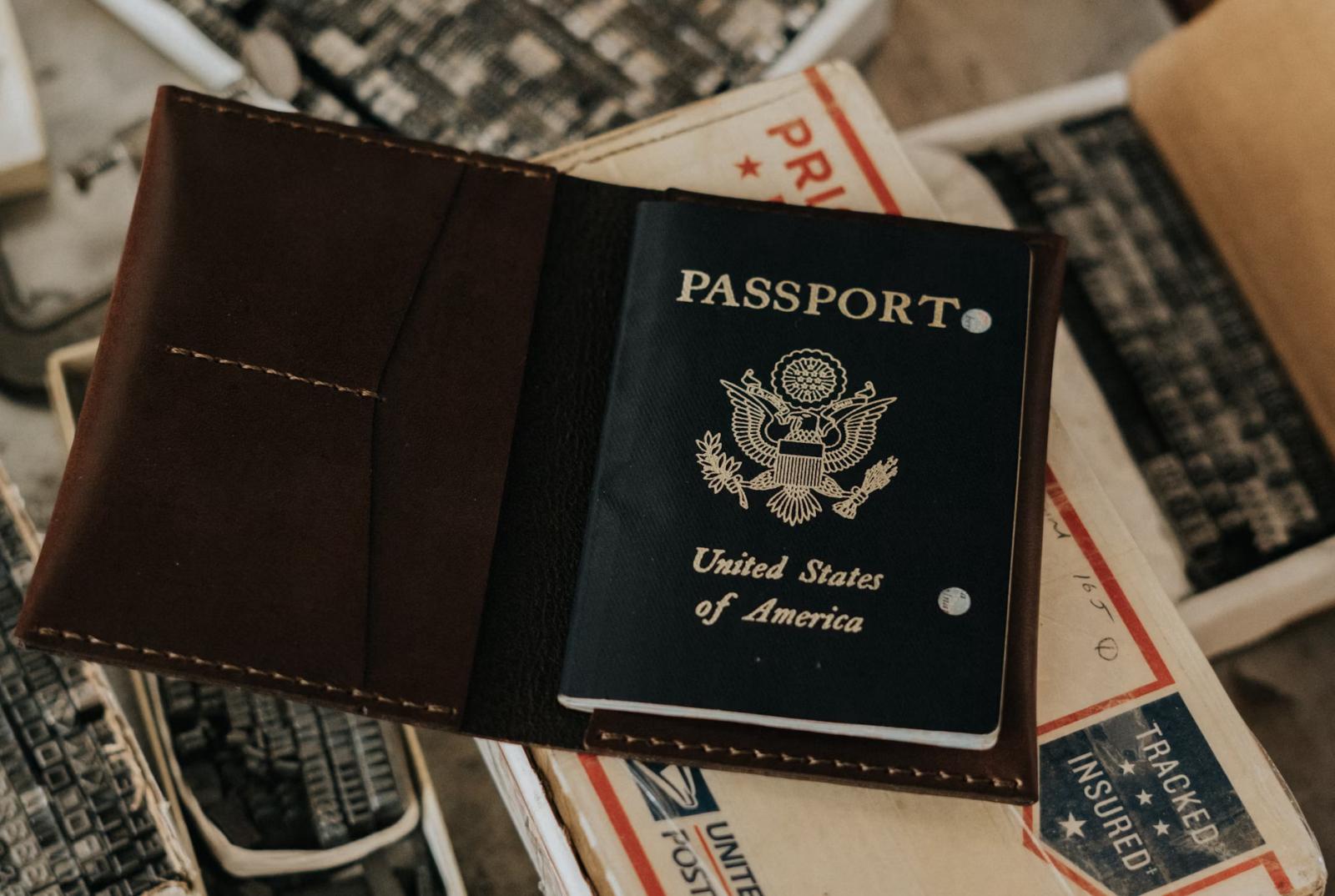Debunking myths about the O-1 visa: What you really need to know?

The O-1 visa attracts the attention of many professionals and creative individuals with extraordinary abilities. However, there are many myths and misunderstandings about this visa that can be misleading and complicate the application process. In this article, we will address the most common misconceptions about the O-1 visa, explain their true nature, and provide useful information for those planning to take advantage of this opportunity. Be prepared to dispel myths and gain a clear understanding of what the O-1 visa truly entails.
1. Myth: It is a visa for freelancers, and I do not need an employer
One of the most common myths about the O-1 visa is that it is suitable for freelancers who can come to the U.S. and work without being tied to a specific employer. This is incorrect. It is not intended for freelancers in the traditional sense. Contrary to popular belief, obtaining it requires sponsorship by an employer or agent legally authorized to represent you. It is important to understand that, although it allows you to work as a contractor (independent worker), this does not mean you can freely choose where and when to work.

Here are the key points to consider:
- Requirement of an employer or agent: To obtain an O-1 visa, someone must file a petition on your behalf.
- Work restrictions: Even as an independent contractor, you are limited by the terms of the contract with the employer who filed the petition.
- No ability to freely change employers: Working for multiple employers requires new petitions or approvals.
Thus, there is no possibility to work for multiple employers simultaneously without reapplying for the visa.
Having trouble understanding?
Contact us, we will help!
2. Myth: Requires a certain salary level
There is a myth that obtaining an O-1 visa requires meeting strict salary requirements, such as earning a very high salary. This myth is based on a misunderstanding of the requirements. While the applicant must indeed demonstrate their exceptional abilities and often earns a high salary in their home country, there is no mandatory minimum salary level in the U.S.
Instead, it is important to consider the following aspects:
1
No fixed salary requirement: Does not require a mandatory minimum salary.
2
Compliance with local standards: Your salary should meet the norms and requirements in the area of the U.S. where you intend to work.
3
Demonstration of exceptionality: The applicant’s salary may reflect their high status in their field, but it is not a mandatory criterion.
Thus, while high earnings can help demonstrate exceptionality, they are not a mandatory requirement for the O-1 visa.
3. Myth: Allows seamless change of employers
Another common myth is that the O-1 visa allows easy change of employers by simply submitting a new application. In reality, each time you change employers, a new petition must be filed. It is tied to a specific employer or agent who filed the petition on your behalf.
If you wish to switch to another employer, you will need to:
- File a new O-1 visa petition: The new employer must submit documents on your behalf.
- Undergo the review process: Each new application is reviewed anew, even if you have already worked in the U.S.
- Consider timelines and potential delays: The process of changing employers may take time and require additional documentation.
Therefore, changing employers requires a new petition and is not an automatic procedure.
4. Myth: Intended only for artists and creative professionals
Many believe that the O-1 visa is suitable only for artists or people associated with creative professions, such as musicians, actors, artists, and so on. However, this is not the case. It is available to individuals with extraordinary abilities in various fields, including business, science, athletics, education, and many others.
Categories of individuals who may obtain an O-1 visa include:
- Business: CEOs, entrepreneurs, consultants, and other professionals demonstrating exceptional abilities in business.
- Science: Scientists, researchers, professors with international recognition and significant achievements.
- Athletics: Professional athletes, coaches, and other individuals with high achievements in sports.
- Education: Educators, administrators, and other specialists with significant contributions to educational programs or research.
Thus, it is suitable for a wide range of professionals with extraordinary abilities.
5. Myth: To obtain it, you need to have a Nobel Prize or an Oscar
This myth suggests that to obtain it, you need to have a Nobel Prize, an Oscar, or some other outstanding international recognition. In reality, while having such awards is certainly a strong argument for obtaining it, they are not mandatory.
Instead, you can provide the following evidence:
- National or international awards of lesser scale: Wins in prestigious competitions, grants, or other recognized awards.
- Publications and scientific works: Publications in well-known journals, participation in research cited by other scientists.
- Participation in juries or expert panels: Invitations to be a judge in competitions, an expert at conferences, a member of advisory boards.
Thus, the O-1 visa can be obtained even without the highest international awards if the applicant can provide other compelling evidence of their exceptionality.
These additions will help better understand the specifics of each myth and shed light on the reality of the requirements and conditions of the O-1 visa.
6. Myth: May not be issued to citizens of certain countries
There is an opinion that citizens of some countries, which have complex political relations with the U.S., may not have access to the O-1 visa. In reality, citizenship is not a primary factor when reviewing applications. The main thing is that the applicant meets the criteria of extraordinary abilities and has recognition in their field. While the political situation may affect the application process, such as making it difficult to obtain it at certain embassies, nationality itself is not a reason for denial.
7. Myth: Allows working in the U.S. without time and location restrictions
Some believe that the O-1 visa gives complete freedom in terms of choosing the place and duration of work in the U.S. This is incorrect. It allows you to work only under the conditions specified in the petition approved by USCIS (U.S. Citizenship and Immigration Services). This means that the work must align with the stated purpose of your stay in the U.S. For example, if it is issued for working on a specific project, you cannot change the project or work location at your discretion without notification and possibly without additional USCIS approval.
8. Myth: Automatically extends after expiration
Some think that the visa automatically extends or that reapplying will be easier if it has already been approved before. However, this is not the case. Each new application is reviewed independently of previous decisions. Even if your first application was approved, it does not guarantee that subsequent applications will be approved. USCIS may require additional evidence of your extraordinary abilities or achievements, and even a previously approved visa is not a guarantee of automatic extension.

9. Myth: Allows working in the U.S. without the need for a work permit
There is an opinion that the O-1 visa grants the right to work in the U.S. without additional permits. It is important to understand that it is itself a work visa, and it already includes permission to work within the framework established in the petition. However, working outside these frameworks or in violation of the conditions may lead to serious consequences, including deportation and a ban on entry to the U.S. in the future.
10. Myth: Issued only for 3 years and cannot be extended
Many believe that the O-1 visa is issued only for three years and cannot be extended. In fact, it can be extended if the duration of the project or work requires a longer stay in the U.S. Initially, it is indeed issued for up to three years, but it can be extended for one year or more, depending on the circumstances and needs of the applicant.
It is important to provide sufficient justification for the extension to convince USCIS of the need for a longer stay.
These myths create a false impression of the visa and its possibilities. To avoid misunderstandings and problems, it is important to thoroughly study the requirements and conditions and seek consultation from professional attorneys who can help prepare the application.
Having trouble understanding?
Contact us, we will help!
